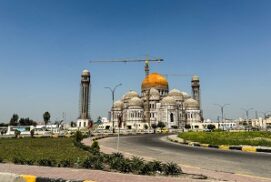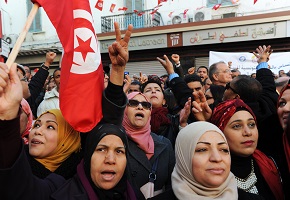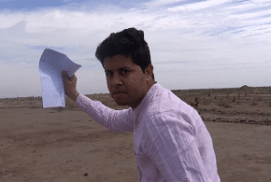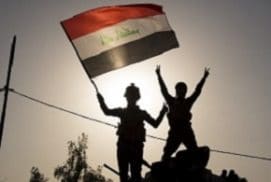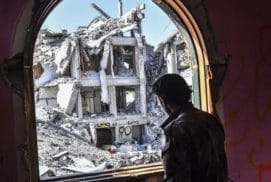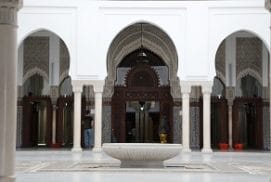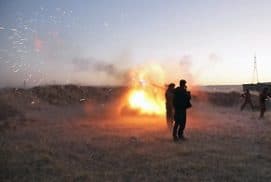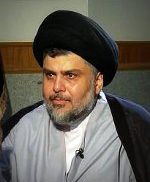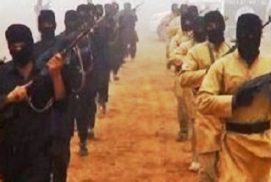Ilaria Romano 2 September 2024
Brother Wissam drives his pickup truck to the convent where he lives alongside other Franciscan friars. He’s on his way back from Erbil, the capital of Iraqi Kurdistan, where he picked up his nephew Francius, 19, on vacation in Iraq on his own for the first time. Like many Christian Iraqis, especially ordained ones, Wissam studied abroad for a few years, but never considered leaving his country permanently. The city he calls home is Qaraqosh (in Syriac) or Bakhdida (in Arabic), thirty kilometers from Mosul, the symbol, since 2014, of the Islamic State’s fury against Christians.



